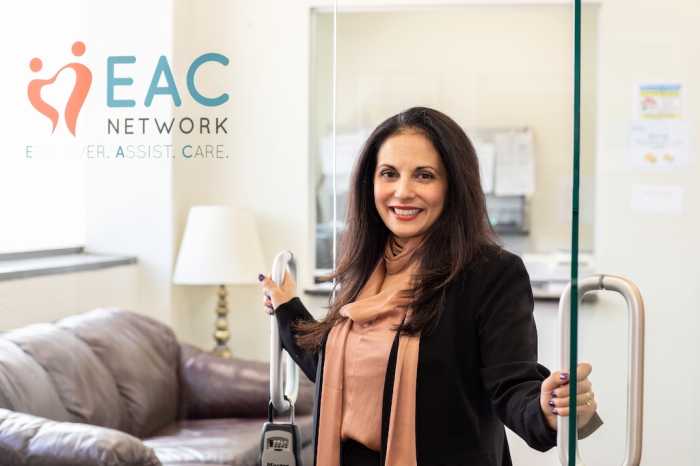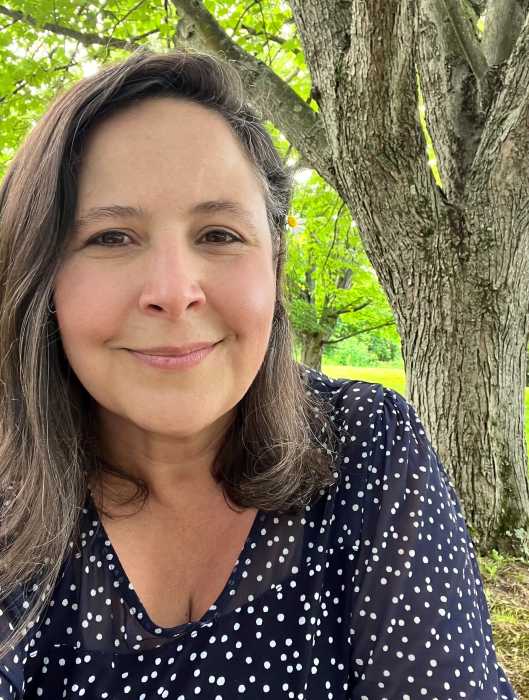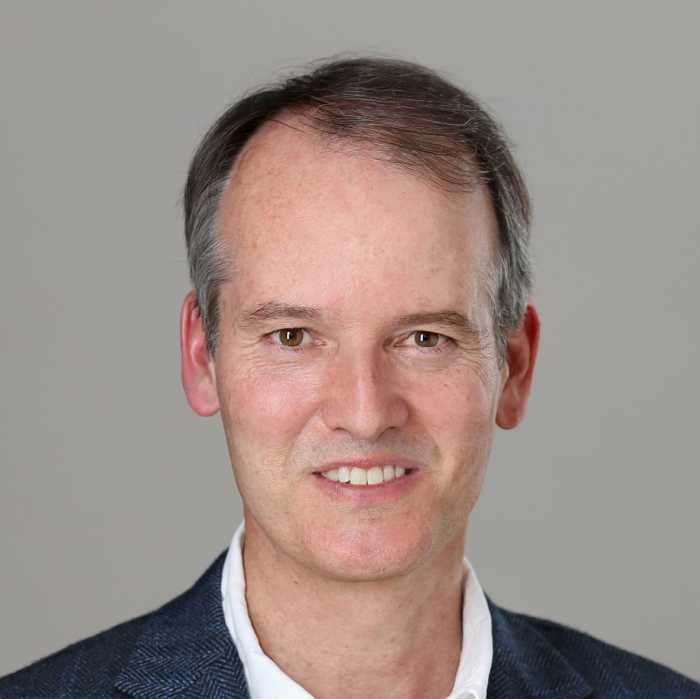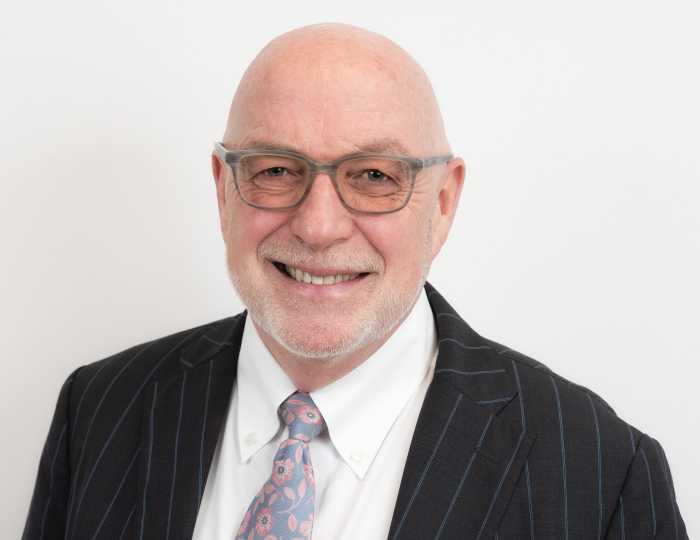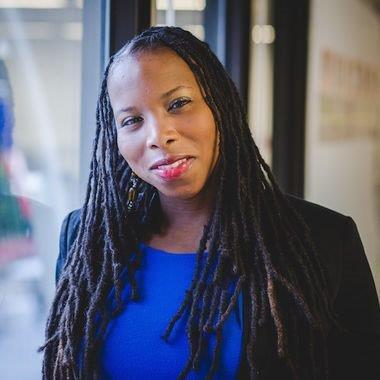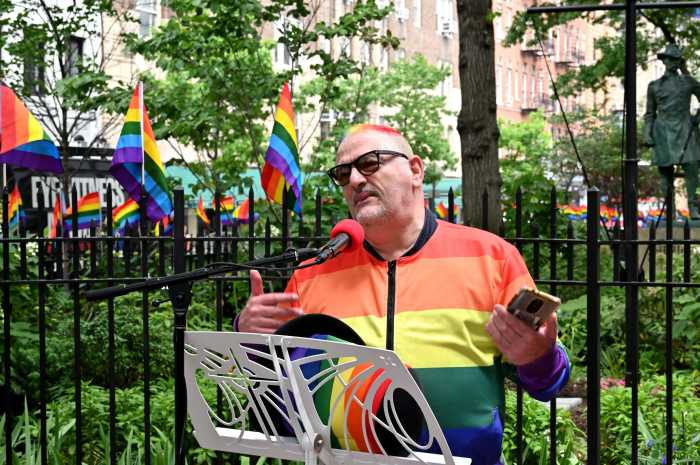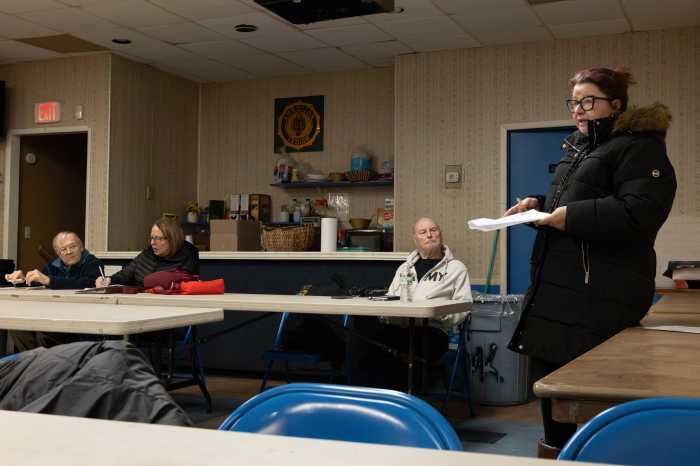Pascale Leone, executive director of the Supportive Housing Network of New York, leads a nonprofit representing 200+ nonprofit organizations that collectively operate 55,000 units of supportive housing statewide. Formerly VP of diversity, equity, inclusion and belonging at The Corporation for Supportive Housing, she shaped the award-winning strategic vision for a racial equity framework. She was also a recognized national thought leader in the Healthy Aging in Place initiative, focused on scaling replicable supportive housing models for older adults, promoting health and stability.
Was there something or someone that inspired you to pursue a career in the nonprofit sector?
I am my mother’s daughter. Witnessing her tireless dedication as a registered nurse, working multiple shifts to provide for my sister and me, I learned the essence of perseverance. From battling anti-Haitian and anti-immigrant discriminatory policies in the 1980s to championing nurses’ unionization for pensions in the 90s, she epitomized principled struggle. She was my introduction to advocacy and selflessly working for societal benefit. My identity and commitment to justice are forged in her extraordinary journey.
What is the proudest moment of your career so far?
There are many: from forging relationships with dedicated elder volunteers to helping mobilize 1 million women voters to advance reproductive freedom, to leading transformative organizational change centering racial equity – my life’s work has been to harness the collective power of those most impacted to advance change. At the Supportive Housing Network, we’re committed to eradicating homelessness through the creation of supportive housing, and with every groundbreaking, ribbon-cutting and tenant success we inch closer to that reality.
What policy changes could be made to aid in your work within the nonprofit sector?
I think a universal recognition that housing is a fundamental human right and not a privilege reserved for the so-called ‘deserving’ can ameliorate public perception of the unhoused and our general understanding of the pathways to homelessness. We also need a shift in our policymaking – one that considers the housing-related impacts across all sectors will be crucial to breaking down silos and simplifying the very complex web we’ve created to eradicate homelessness.



